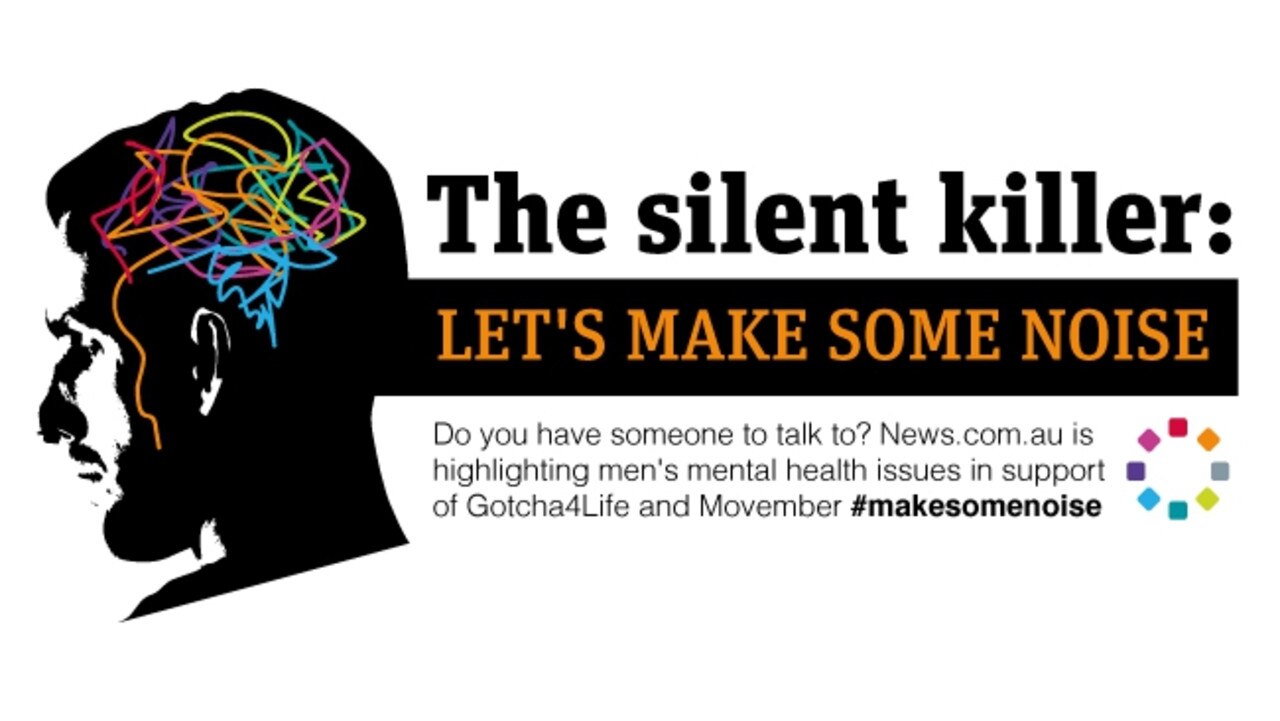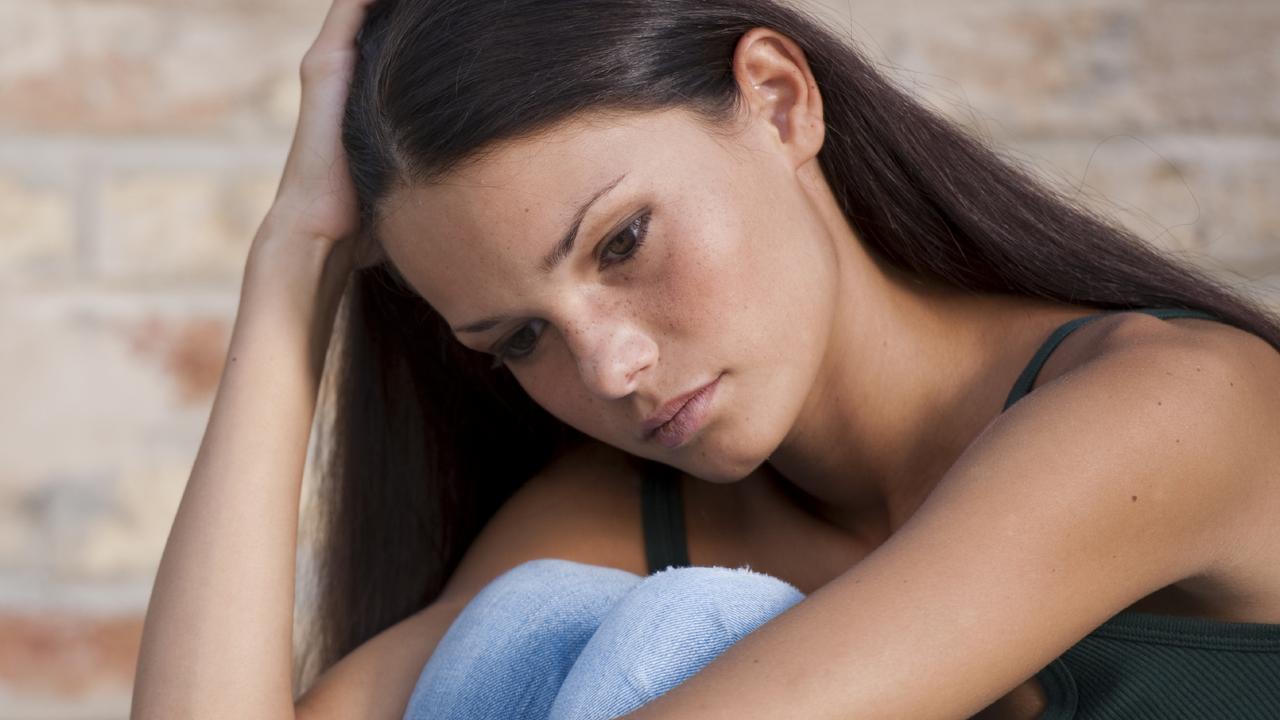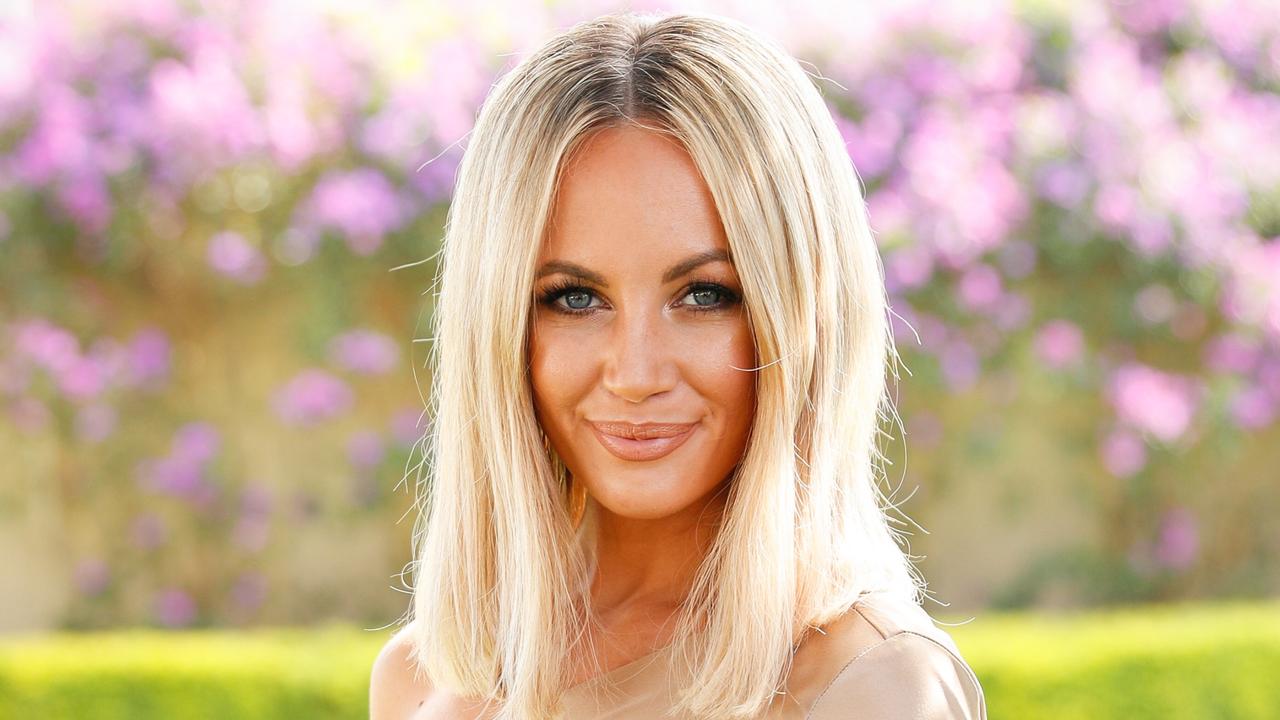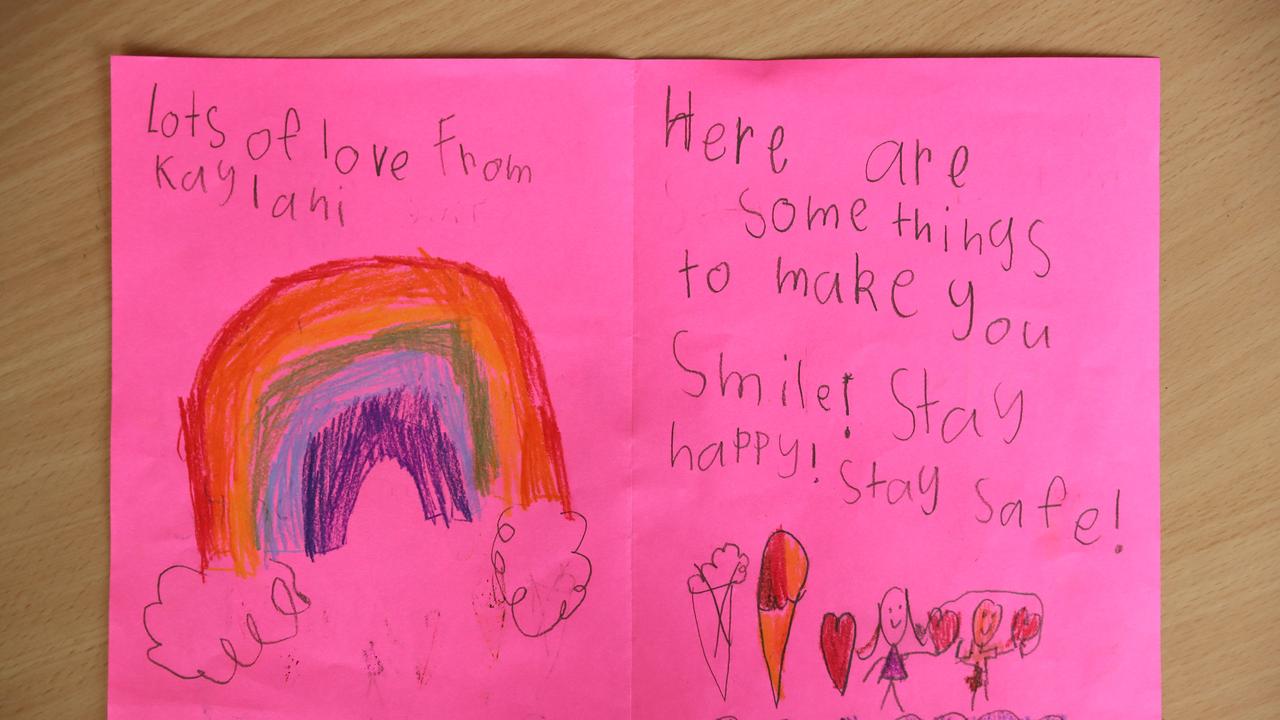What paratrooper Luke Hill had to deal with after his military service
LUKE Hill had no trouble jumping out of planes and risking his life but he wasn’t prepared for one life-changing experience.
AS A paratrooper for the Australian Defence Force, Luke Hill had no trouble jumping out of planes and putting his life on the line but he wasn’t prepared for how much his service would affect him.
The 41-year-old joined the defence force in 1997 and was a member of the 3rd Battalion, Royal Australian Regiment serving twice in Timor Leste. He was a soldier for six years and he served proudly before being discharged and joining Corrective Services NSW.
But his military service stayed with him and more than 10 years after he left the army he was diagnosed with post-traumatic stress disorder (PTSD) and depressive disorder.
“What I realised looking back, was that all the experiences while I was deployed, really changed me as a person,” Hill told news.com.au.
“I was sort of ignoring all these signs and symptoms for many years, until my body just said you’re not going to ignore these anymore.”
Like many who have served their country, Hill had trouble dealing with some of the things he had experienced while in the defence force.
The mental health toll on veterans is one of the things Prince Harry was hoping to address when he created the Invictus Games in 2014.
In his recent tour of Australia ahead of the 2018 games in Sydney, Prince Harry has put the spotlight on mental health and encouraged people to ask for help during an emotional speech in the drought-stricken town of Dubbo on Wednesday.
On Friday, the Duke and Duchess of Sussex took part in an “anti-bad vibe” circle at Bondi Beach with the surf community group One Wave, which raises awareness of mental health and wellbeing.
Prince Harry told the group that mental health didn’t discriminate.
“Harry said each and everyone of us will experience poor mental health at some stage in our lives,” Charlotte Connell told AAP.
“Harry said ‘it took me not six months, but 18 months to find the right person to speak to; you’re not going to find the right person to speak to straight away.’”
Abigail Couchman said Prince Harry’s participation in a OneWave circle made the issue of mental health a global one.
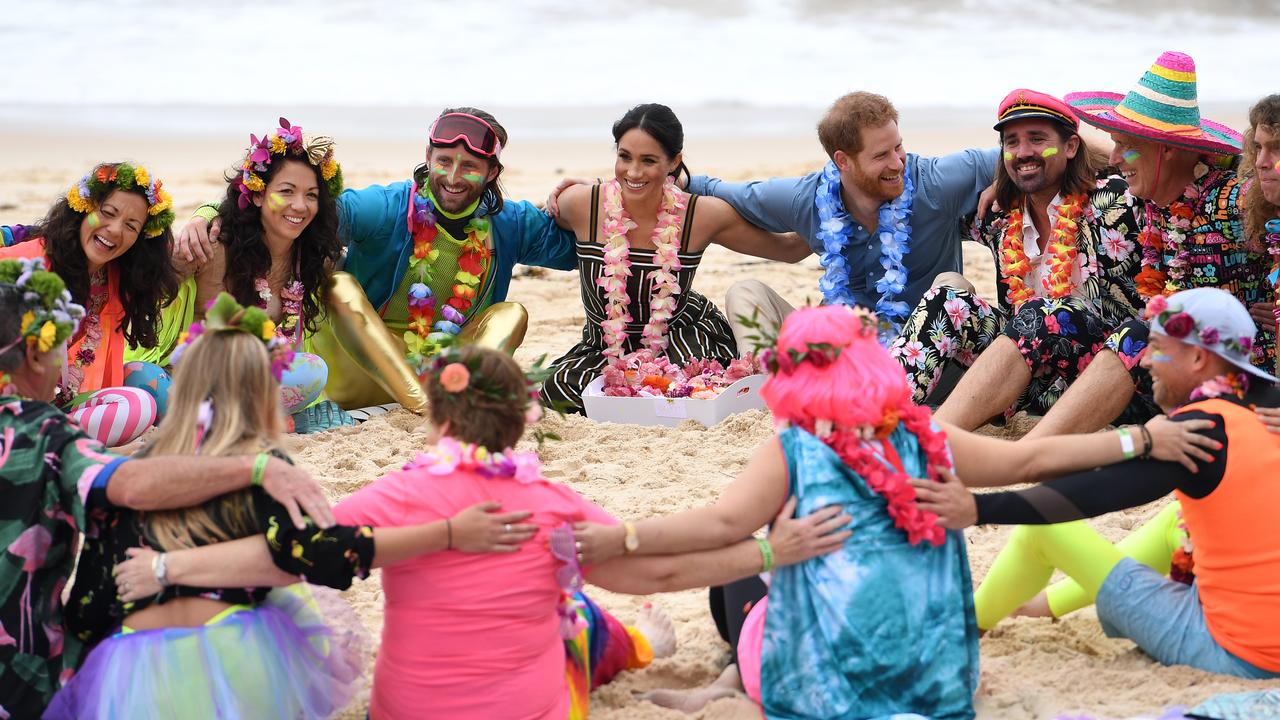
Hill also raised the openness of Prince Harry in talking about mental health and creating the Games.
“He is an amazing person and made all of this happen, we need more people like him to stand up and say ‘hey, I have this problem and it’s OK’. You’re not abnormal for having these problems,” Hill said.
Hill said he knew something was wrong for quite some time but he didn’t do anything about it — eventually his body just stopped functioning.
“I had times I couldn’t breathe anymore, I had huge panic attacks and I was getting pain in my chest. It was getting to the point where I was unable to function physically.”
Initially he felt panicked about the symptoms as he didn’t know what was going on but finally decided to go to a psychiatrist and to veterans affairs.
“I was worried because there’s still a lot of stigma around mental health,” Hill said. “We’ve got a lot of services out there (for mental health) but they are self-referring services and a lot of people, certainly myself included, when you’re feeling very depressed or having huge amounts of anxiety and physical reactions, you don’t feel like seeking that help.”
But Hill recommended opening up about problems and credits his “very supportive wife and beautiful family” for helping him address his mental health.
“I think you need to talk to people you know you can trust and who are always there for you no matter what, and then go and seek professional help with their support.
“I had a lot of support from my family and extended family, I think that’s really important. It makes people resilient. Some people don’t have that and I imagine it would be very difficult to pull yourself out of a dark place.”
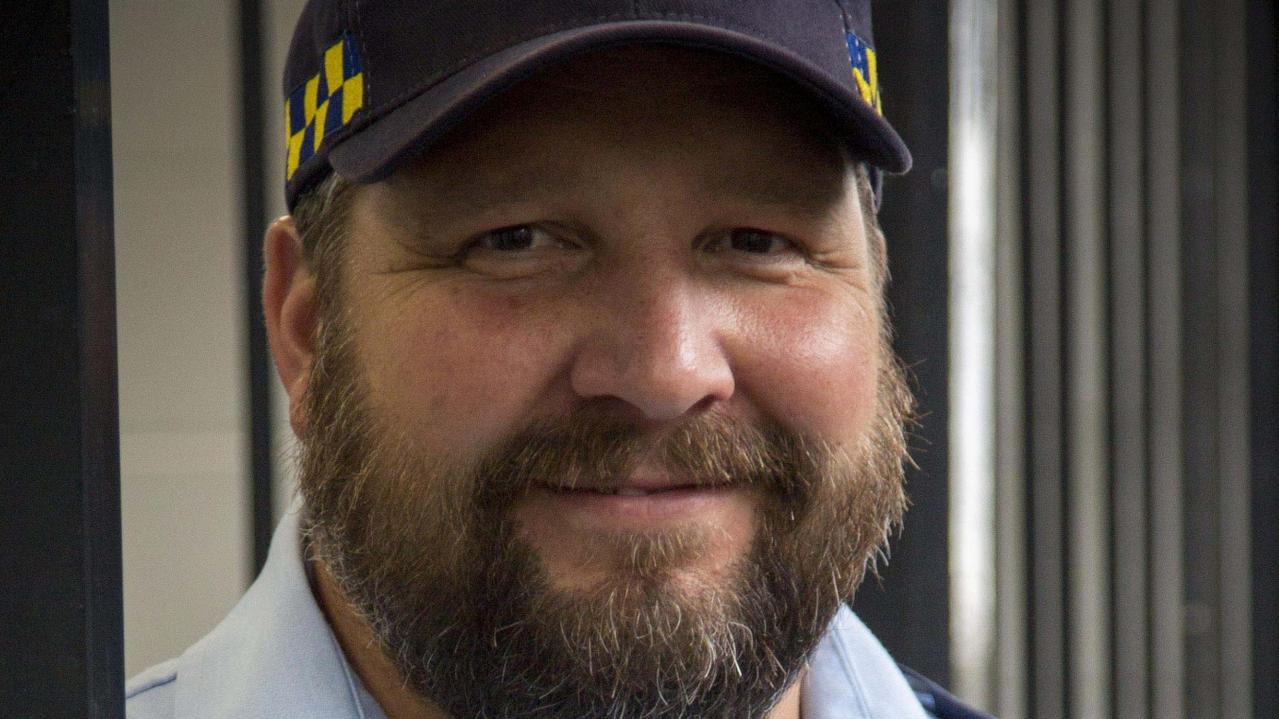
Suicide is the leading cause of death in Australian men aged 15 to 44 and news.com.au has been highlighting men’s mental health issues as part of its campaign The silent killer: Let’s make some noise in support of Gotcha4Life and the Movember Foundation.
While the decision to seek help is ultimately up to the person who is struggling, Hill said having someone else’s support could be invaluable.
“It’s very hard to do that (seek help) if you don’t have someone there, just to be there, and to know that someone cares unconditionally.”
Hill is one of 72 athletes who will represent Australia at the Invictus Games and he will participate in four swimming events. He said his training had enhanced his mental and physical health. In 2014 he also swam across the English Channel and raised $50,000 for cancer research.
“It’s been a really amazing journey this year and it’s offered me lots of challenges,” he said.
“It gave me a lot of opportunities to grow and manage myself better and I’ve been meeting a lot of amazing people, who have their own problems and complexities and who are going through similar things.”
Even though Hill has made progress, he acknowledges that it’s a “long, hard road to recovery”.
“I don’t think the PTSD and depression will ever go away, I think I just manage it in better ways. It’s all about learning how to manage yourself and looking at things in a different way, and thinking ‘here’s an opportunity for me to grow in a positive way’.”
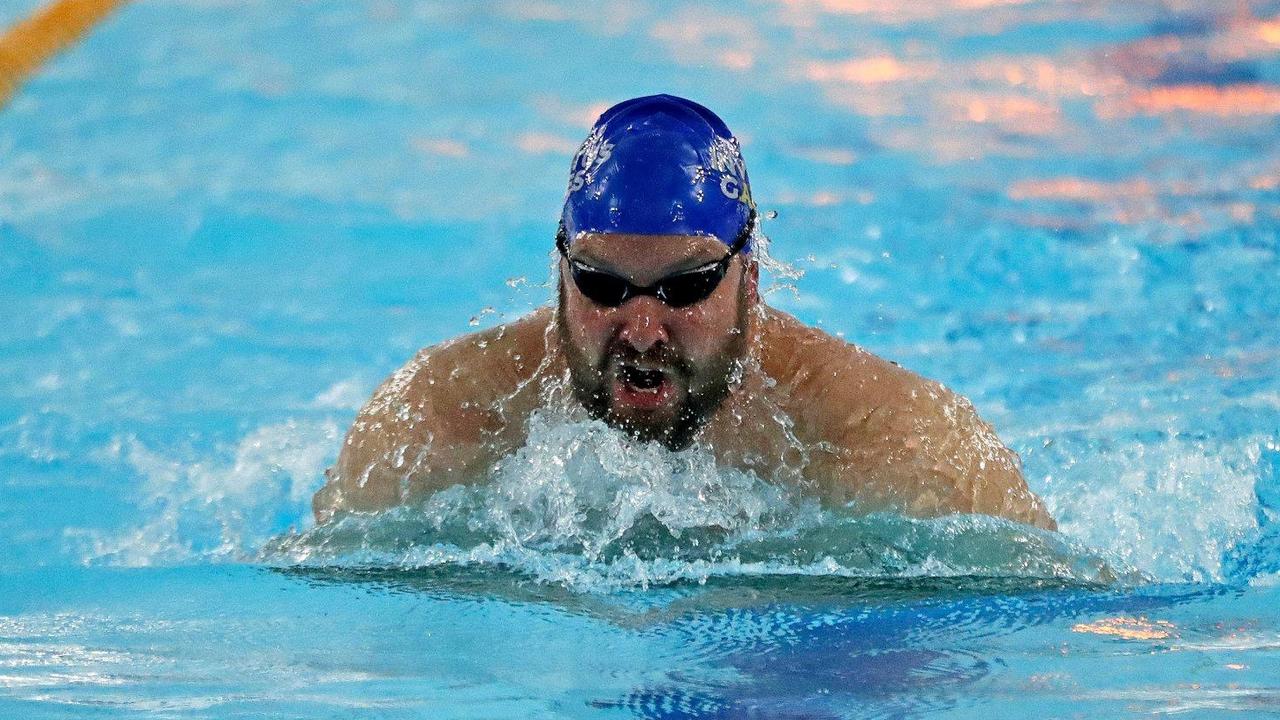
Ahead of his events, Hill said he was “very excited and very nervous” about the competition but also about putting himself out there.
“I’ve served my country and I feel like I’m getting another opportunity to do so, on the sporting stage and I never thought I would be wearing the green and gold, which is pretty amazing,” he said.
“Using this platform to talk about mental health is a great opportunity because we don’t talk about it enough. There are injuries that people can’t see.
“I’m saying a lot of personal things and you’re putting yourself on the line but I feel it’s very valuable.”
The Invictus Games will attract 500 competitors from 18 nations, who will compete in 11 adaptive sports. They have all been wounded, injured or become ill during their military service.
The games opening ceremony will take place on Saturday, 7.30pm and will be broadcast on ABC. There will be events from 20-27 October.
If you or someone you know needs support with their mental health, please contact one of these support organisations:
• Lifeline 24/7: 13 11 14 or www.lifeline.org.au
• Suicide Call Back Service: 1300 659 467 or www.suicidecallbackservice.org.au
• MensLine Australia: 1300 78 99 78 or www.mensline.org.au
